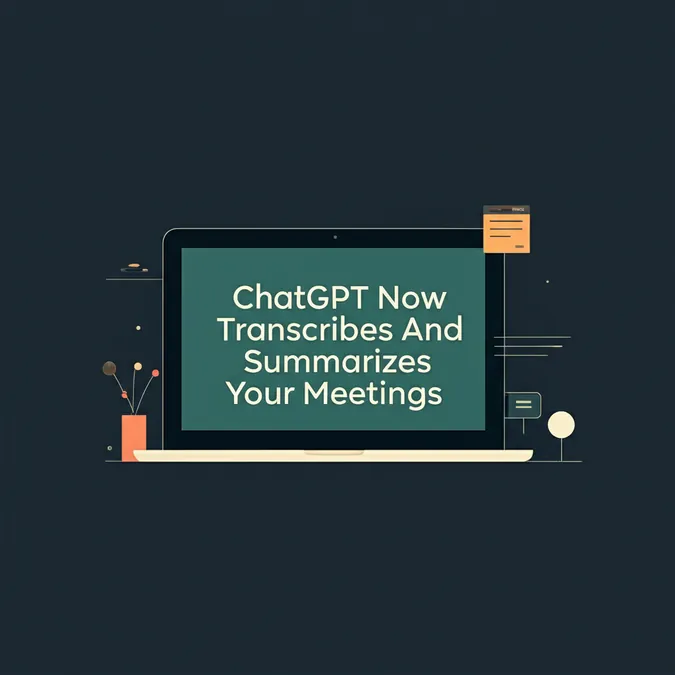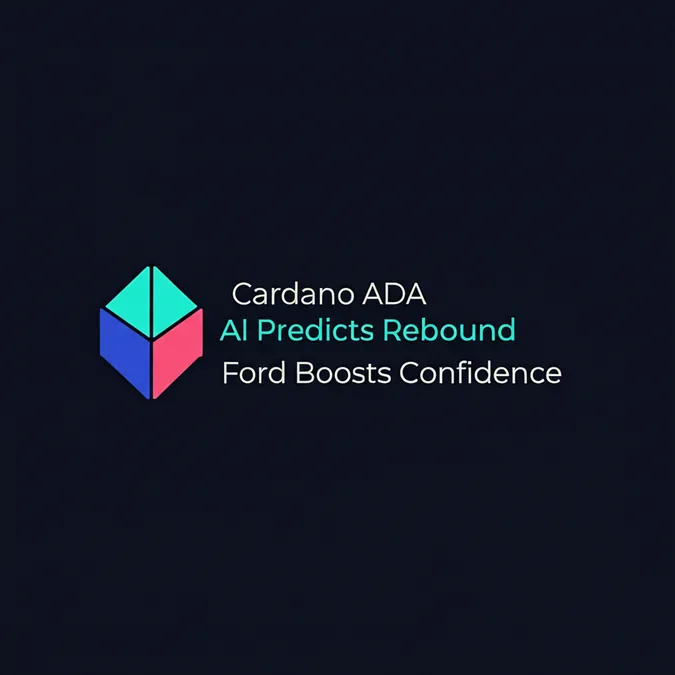Developer Offer
Try ImaginePro API with 50 Free Credits
Build and ship AI-powered visuals with Midjourney, Flux, and more — free credits refresh every month.
AI Versus Doctors Writing Knee Patient Handouts
AI in Patient Education: A New Frontier for Knee Surgery Information?
As artificial intelligence continues to advance, its potential applications in healthcare are rapidly expanding. One promising area is the generation of patient education materials (PEMs), which play a crucial role in informing patients about their conditions and treatments. A recent study delved into this, specifically looking at how AI, in the form of ChatGPT-4, measures up against human experts in creating PEMs for total knee arthroplasty (TKA), a common surgical procedure.
The primary goal was to compare the quality and readability of materials produced by ChatGPT-4 with those from reputable human-generated sources, assessing AI's viability for this important task in patient care.
The Study: Pitting ChatGPT-4 Against Human Expertise
Researchers conducted a comparative analysis. They prompted ChatGPT-4 to generate patient education materials specifically for total knee arthroplasty. These AI-generated documents were then compared against PEMs sourced from five well-regarded websites known for providing expert, human-created medical information.
Two main aspects were scrutinized:
- Readability: This was measured using established tools: the Flesch-Kincaid Grade Level, which indicates the number of years of education generally needed to understand a piece of text, and the Flesch Reading Ease score, where higher scores mean the text is easier to read.
- Quality of Information: The DISCERN criteria, a standardized instrument, was used to assess the reliability and quality of the information provided in the materials. DISCERN helps evaluate aspects like clarity, relevance, and whether the material discusses risks and benefits.
Key Findings: A Mixed Bag of Quality and Readability
The results of the study presented a nuanced picture of ChatGPT-4's capabilities in this domain.
Quality and Reliability: AI Holds Its Own
One of the notable findings was that the quality and reliability of the TKA patient education materials generated by ChatGPT-4 were found to be as good as those produced by human experts. This suggests that AI models like ChatGPT-4 can comprehend and articulate complex medical information accurately, which is a significant step forward.
The Readability Hurdle: A Major Concern
Despite the promising results in quality, ChatGPT-4's output stumbled significantly when it came to readability. The study reported that AI-generated PEMs demonstrated a "significantly higher reading grade level and lower reading ease score compared to human-generated PEMs." This difference was statistically significant (p<0.001), indicating that the materials created by ChatGPT-4 were considerably more difficult for an average patient to understand.
The Verdict: Promising Potential but Not Ready for Clinical Use
Based on these findings, the study concluded that while ChatGPT-4 shows promise for producing TKA patient education materials, its current limitations in readability are a major drawback. The complexity of the language used by the AI could hinder patient comprehension, potentially making the materials less effective or even confusing.
Why Readability Matters in Patient Education
Clear and easily understandable patient education materials are vital. Patients need to grasp information about their surgery, recovery, and potential risks to make informed decisions and manage their health effectively. Materials that are too complex can lead to misunderstandings, anxiety, and poor adherence to medical advice.
Future Directions and The Importance of Collaboration
The study recommends against the standalone use of ChatGPT-4 for generating these materials in its current iteration due to these readability issues. However, the path forward involves focused improvements. Future enhancements in AI development should prioritize improving readability to ensure that the information generated is accessible to a broader patient population, including those with lower health literacy levels.
Furthermore, the researchers emphasized that "effective collaboration between AI developers and healthcare professionals is vital for improving patient education outcomes." This partnership can help refine AI tools, ensuring that they meet the practical needs of patients and clinicians alike, ultimately leading to better, more accessible patient education.
Exploring Cureus Resources
The original source material also provides information about Cureus channels, which may be of interest to readers looking for more peer-reviewed research and clinical experiences.
About Channels
Unlock discounted publishing that highlights your organization and the peer-reviewed research and clinical experiences it produces.
Learn more 
Academic Channels Guide
Find out how channels are organized and operated, including details on the roles and responsibilities of channel editors.
Learn more 
Compare Plans & Pricing
Find the plan that matches your workload and unlock full access to ImaginePro.
| Plan | Price | Highlights |
|---|---|---|
| Standard | $8 / month |
|
| Premium | $20 / month |
|
Need custom terms? Talk to us to tailor credits, rate limits, or deployment options.
View All Pricing Details

